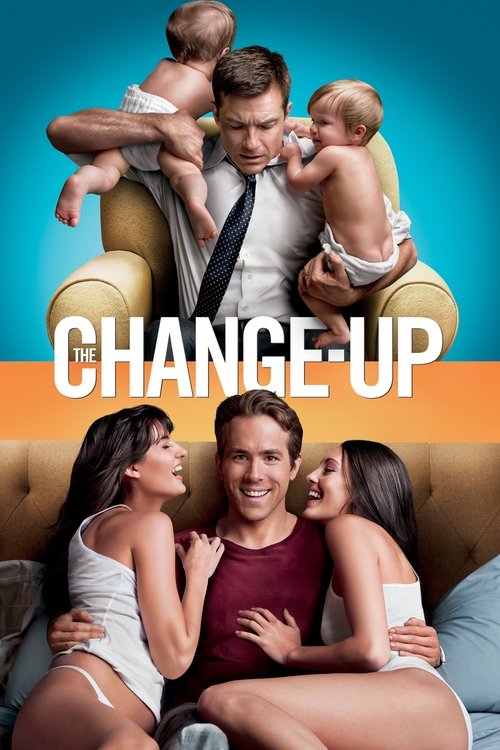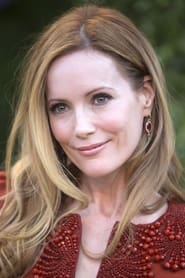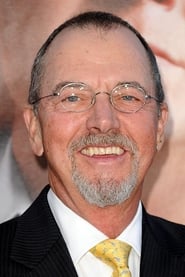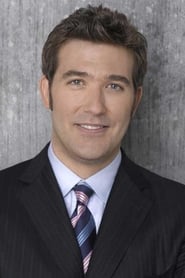Cast
View AllJason Bateman
as Dave Lockwood
Ryan Reynolds
as Mitch Planko
Leslie Mann
as Jamie Lockwood
Olivia Wilde
as Sabrina McArdle
Alan Arkin
as Mitch's Dad
Gregory Itzin
as Flemming Steel
Mircea Monroe
as Tatiana
Sydney Rouviere
as Cara Lockwood
Matthew Cornwell
as Parks Foreman
Craig Bierko
as Valtan
TJ Hassan
as Kinkabe Lawyer
Ned Schmidtke
as Ted Norton
Ming Lo
as Ken Kinkabe
Dax Griffin
as Blow-Dried Goon
Andrea Moore
as Sophia
Crew
Director
- David Dobkin
Writer
- Jon Lucas
- Scott Moore
Producer
- David Dobkin
- Neal H. Moritz
Reviews
Kamurai
Great watch, would watch again, and can recommend.
This is probably my favorite "body swap" trope movie. It's Ryan Reynolds and Jason Bateman for crying out loud. If you've ever liked anything they've ever done (aside from "Green Lantern") then you'll probably like this. Seeing them do "impressions" of each other is a bonus.
As far as "body swapping" goes, I think this is the only non-parent child, non-male female swap that I've seen, which is probably what makes it a lot of fun: there's no socio-political debate sitting in the background on single vs married, but all the fun of "now I have to deal with THIS". Maybe there are some issues of how redeemable the characters are in their flaw sets, but it's built into the premise.
With Leslie Mann and Olivia Wilde backing up the leads, everyone gives a stellar performance. The production value is clearly there, though I think most of it went into locations and cast budgets: this isn't an action-car-chase movie, it's a "body swap" dirt humor rom com.
The writing does skew dirty in the humor, but if you have an open mind, then the humor ends up being in the surprise of dealing with each others lives unprepared. Despite the juvenile basis of guys trying to do whatever they want, the movie is surprisingly touching and about togetherness.
Jul 15, 2020
Thematic Analysis
The Change-Up represents a fascinating example of Comedy cinema, offering viewers a unique perspective on the human experience and societal structures. The film's approach to its themes demonstrates a creative vision that distinguishes it within its genre.
Director David Dobkin brings their distinctive visual style to this film, continuing their exploration of themes seen in their previous works while adding new elements. Their approach to pacing and visual storytelling creates a viewing experience that rewards close attention.
Released in 2011, the film exists within a cultural context that continues to evolve with our understanding of its themes. Its reception demonstrates the diverse reactions to its artistic choices and its place in cinema history.
Did You Know?
- The production of The Change-Up took approximately 31 months from pre-production to final cut.
- With a budget of $52.0 million, the film proved to be a financial success, earning back its investment and more.
- The final cut of the film runs for 112 minutes, though the director's initial assembly was reportedly 140 minutes long.
- The film contains approximately 1528 individual shots.
- Several scenes were filmed in multiple locations to capture the perfect setting.
- The screenplay went through 7 major revisions before the final shooting script was approved.
Historical Context
- In 2011, when this film is released:
- Political polarization was intensifying in many countries.
- Smartphones and social media had transformed daily life and communication.
- Streaming platforms were disrupting traditional distribution models and changing how audiences consumed films.
How This Film Stands Out
While The Change-Up shares thematic elements with other films in its genre, it distinguishes itself through its unique approach to storytelling, visual style, and character development.
Unlike The War with Grandpa, which focuses more on action than character development, The Change-Up offers a fresh perspective through its innovative visual language and narrative structure.
While films like Carnal Vessels and Diary of a Wimpy Kid: Dog Days explore similar territory, The Change-Up stands apart through its deeper exploration of its central themes and more complex characterization.
This film's unique contribution to cinema lies in its bold artistic choices and willingness to challenge viewer expectations, making it a valuable addition to its genre.
Details
- Release Date: August 5, 2011
- Runtime: 1h 52m
- Budget: $52,000,000
- Revenue: $75,500,000
Where to Watch






















